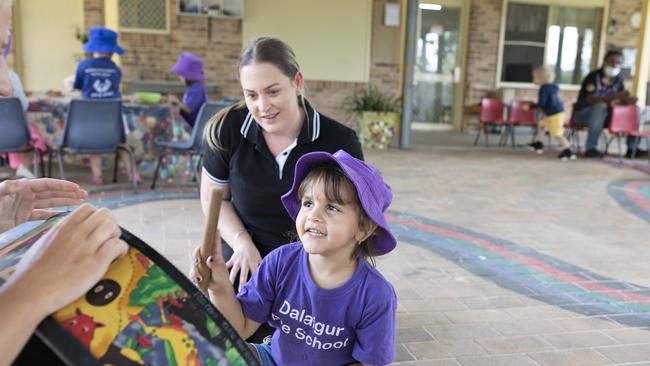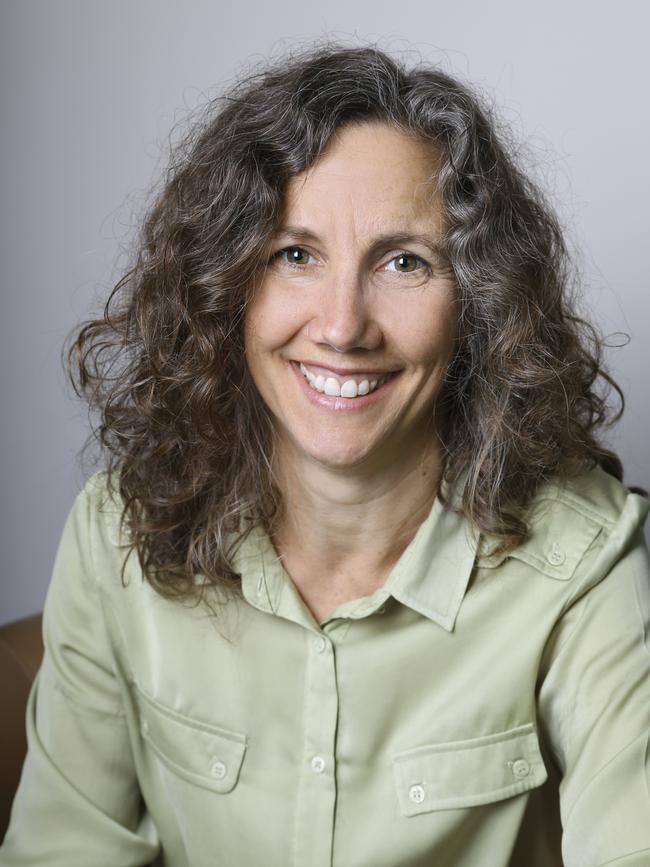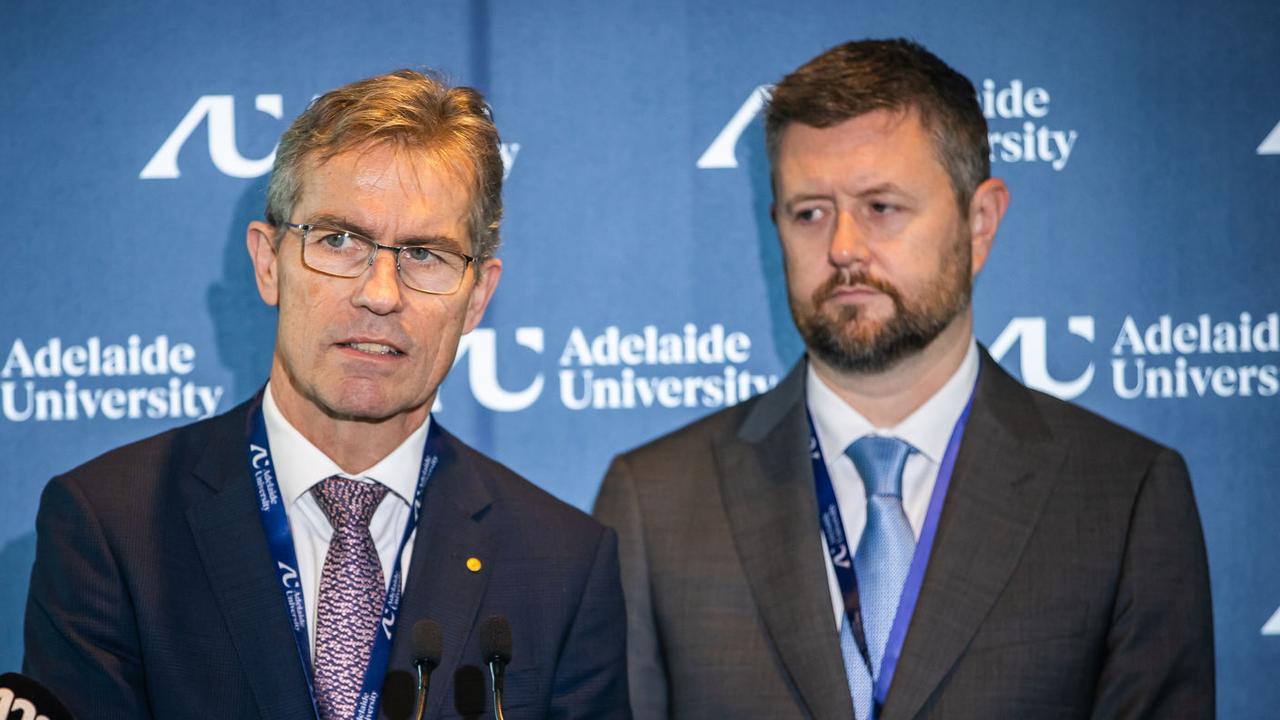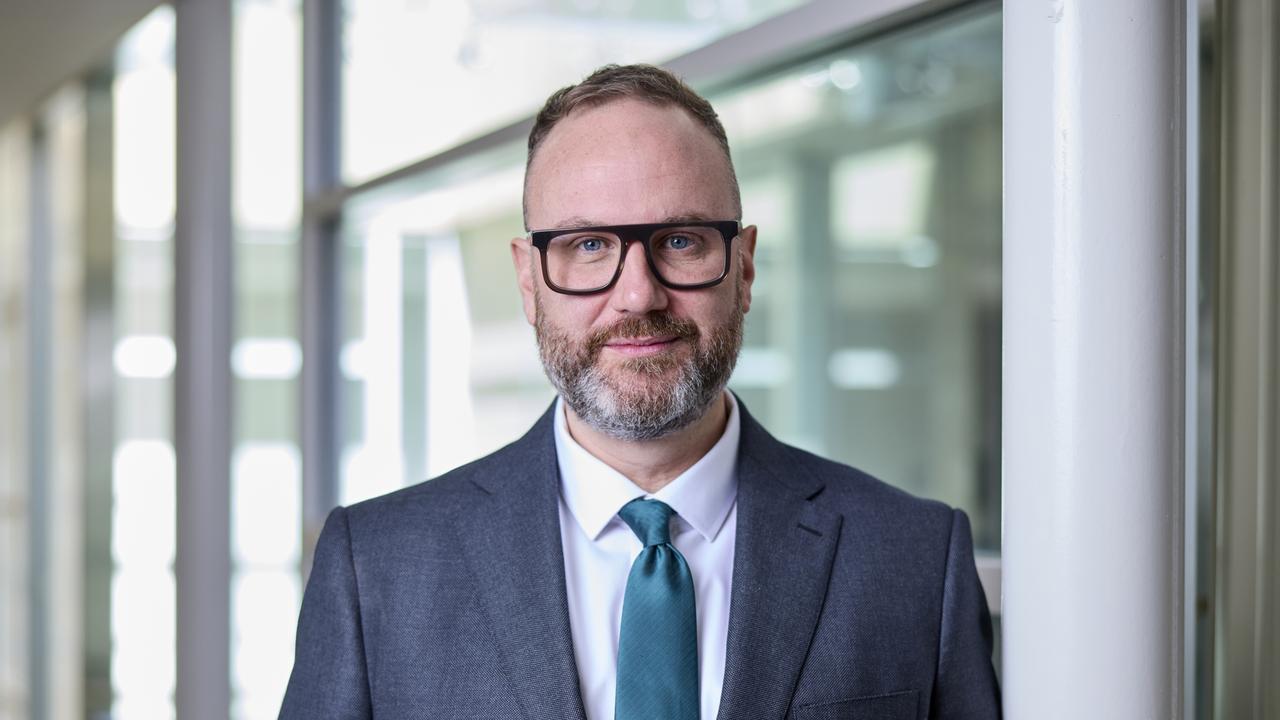Giving a voice to rural Aboriginal children
Students are reaching out to help Indigenous children improve their communication skills.

Indigenous pre-schoolers living in the Macleay Valley on NSW’s north coast are getting help with their communication and pronunciation difficulties by speech pathology students from The University of Newcastle. The select students spend eight weeks living in the district and working with the children to help them get ready for the challenges of school.
Speech pathologist Gwendalyn Webb, a lecturer in the university’s school of health sciences, says the project began in 2021 following lengthy conversations with a local Indigenous outreach organisation and the Dunghutti Dalaigur pre- school community.
Limited access to allied health services is fairly common in rural communities, Webb says, and the need for speech pathology assistance in the Macleay Valley continues to be critical – exacerbated by children’s hearing problems.
“We work with children who have a variety of different communication difficulties,” she says. “Some children have
difficulty structuring their language, expressing themselves, and putting words together to make sentences. Some have difficulty understanding what’s being said to them. Some have a combination of all of these things.”
Two speech pathology students from the university travel to the Macleay Valley each semester to work with children at two local pre-schools. The project is funded by a benefactor who wants to ensure Aboriginal and Torres Strait Islander children are equipped with literacy and numeracy skills when they get to school, Webb says.

The benefactor’s funds cover travel and accommodation costs for the students, costs that would otherwise be prohibitive for students who are mostly already paying rent in Newcastle, Webb says.
In the Macleay Valley, the Newcastle students target pre- literacy skills, working mostly with four-year-olds who will be in school the following year. The children learn how to listen, how to answer questions, how to make the correct speech sounds, how sentences are put together and how to make themselves understood.
The students help the children via one-on-one assessments and assistance, Webb says. Sometimes more generalised communication enhancement strategies are used with small groups of infants.
“It’s a skill to encourage the children to sit, probably in a circle on the ground,” she says. “The students have to make the sessions exciting and interesting enough that the children want to be there and are keen to practise the activities.”
Importantly for the success of the project, the university students learn about Dunghutti culture and language, which helps them engage with the children and the community.
The placements are popular with Newcastle students, who are asked to firstly submit expressions of interest to explain why they want to work in an Aboriginal community-controlled context, Webb says.
These applications are then assessed both by the university and by the local Indigenous community.
The students are supervised by a practice educator, who stays with them in the Macleay Valley for the first few weeks, settling them in, Webb says, and then regularly travels to and fro from Newcastle, as well as providing regular online sessions. All the students on these placements are fourth-year honours students in their final year of study.
“These challenging eight-week placements really build their independence and help them to practice their skills,” Webb says. “They build awareness in the pre- schools about what an issue is, how to work with it, and advise on the strategies the pre-school teachers can embed into their everyday practice.”


